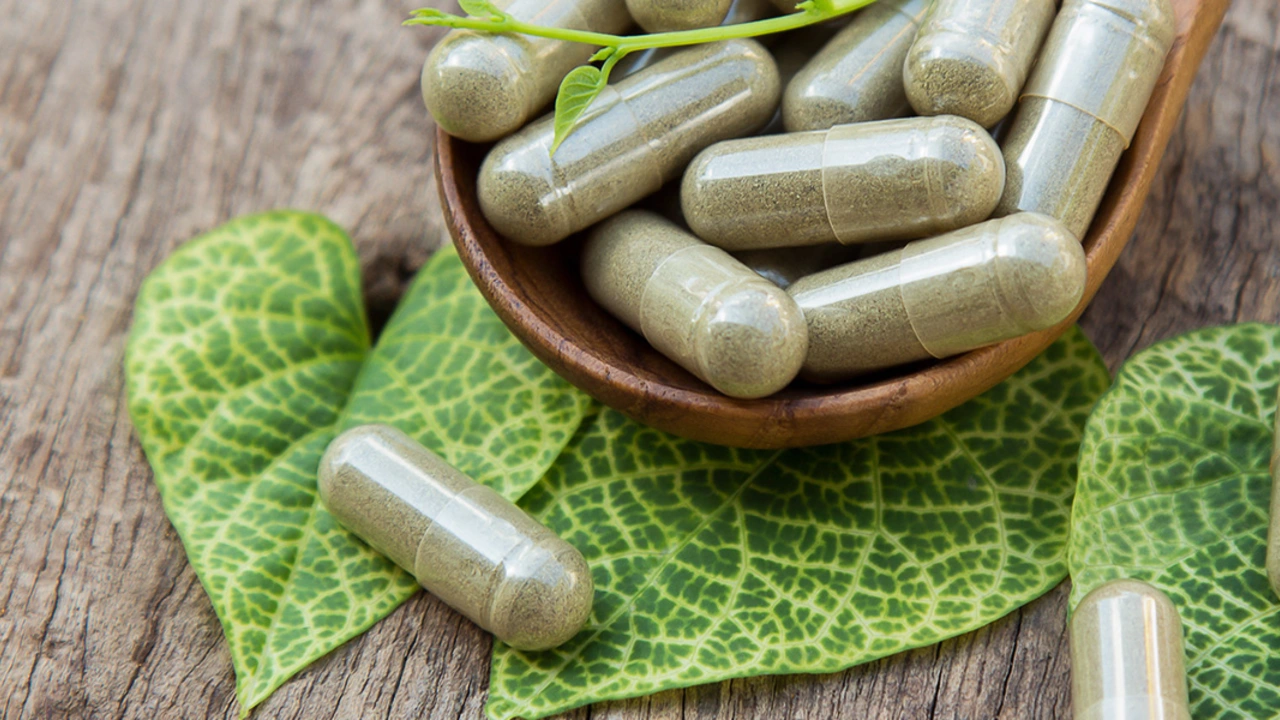Chinese club moss: what it is and why people use it
Chinese club moss (Huperzia serrata) is a small moss-like plant used in traditional Chinese medicine. The compound people want is huperzine A, a natural acetylcholinesterase inhibitor. That means it can boost brain levels of acetylcholine, a chemical tied to memory and attention. That's why you'll see Chinese club moss sold as a memory or brain supplement.
Does it work? Short clinical trials, mostly from China, show huperzine A can improve memory and daily function in people with mild to moderate Alzheimer’s disease compared with placebo. The studies are short and sample sizes are small, so evidence is promising but not definitive. For healthy adults the benefits are less clear—some users report sharper focus, but high-quality proof is limited.
How people take it
Most supplements contain standardized huperzine A rather than whole-plant powder. Common dosing in studies ranges from 50 to 200 micrograms per day, usually split into two doses. Some products recommend cycling (for example, several weeks on followed by a break) because long-term safety data are sparse. If you’re on prescription dementia drugs like donepezil, talk with your doctor before trying huperzine A—combining them can increase cholinergic effects and side effects.
Safety, side effects, and interactions
Side effects reported at typical supplement doses include nausea, sweating, blurry vision, headache, and slow heart rate. Because huperzine A increases acetylcholine, it can interact with medications that affect the same system: cholinesterase inhibitors, certain muscle relaxants, and drugs that alter heart rate. Avoid if pregnant or breastfeeding—there’s not enough safety data. If you have asthma, heart conditions, or seizure disorders, check with your clinician first.
Quality matters. Look for products that list the amount of huperzine A per dose and show third-party testing for purity and potency. Some supplements mix huperzine with other herbs or nootropics—those combinations change effects and risks. Buy from brands that publish batch testing or use independent labs.
What to expect after trying it: if huperzine A helps, people often notice small improvements in focus, memory recall, or learning over a few weeks. If you get strong side effects—dizziness, fainting, severe stomach upset—stop and see a healthcare provider. Track any changes so you can tell your doctor what happened.
If you’re curious about natural cognitive support, Chinese club moss is worth learning about, but treat it like any drug: respect the dose, watch for interactions, and consult your doctor, especially if you take other brain or heart medicines. On this tag page you’ll find related articles about supplements, safety, and how to compare products—use them to make informed choices.
Where to buy and what to look for: check labels for Huperzia serrata or huperzine A and avoid vague blends that don’t list amounts. Choose suppliers that offer a Certificate of Analysis (COA) and clear dosing info. Prices vary—don’t assume higher cost means better quality. If you plan long-term use, schedule follow-up with your doctor to check heart rate, blood pressure, and any cognitive changes and lab tests.

